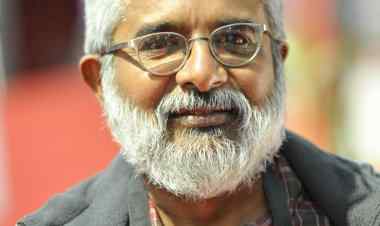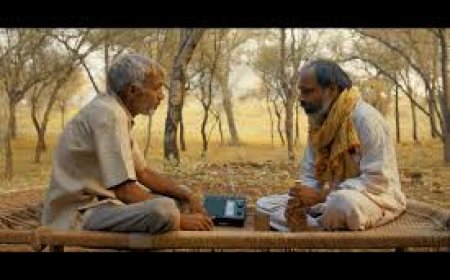Festival Focus: SIGNS 2023. In conversation with filmmaker Brishbhanu Baruah
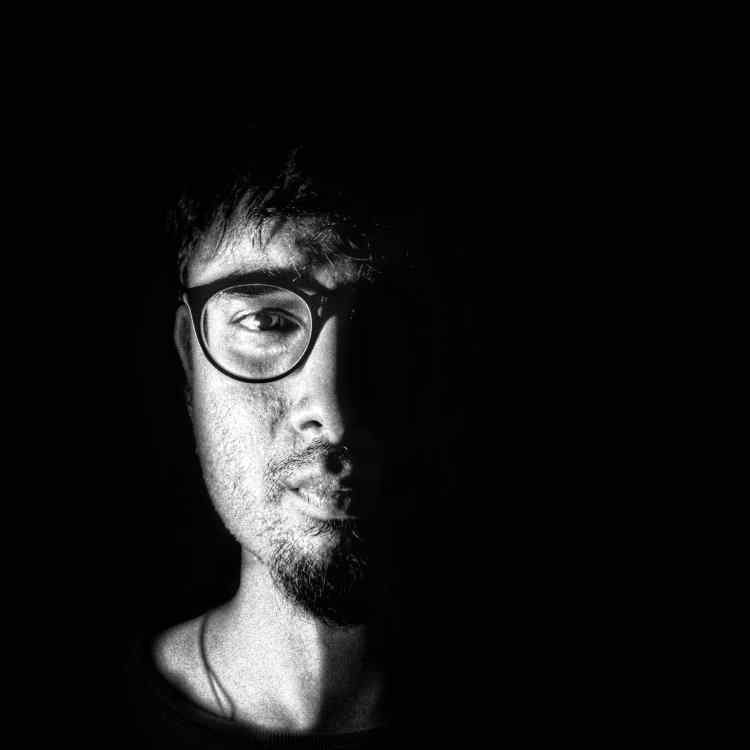
Dipankar Sarkar, an Indian film critic and an alumnus of FTII,Pune, is in conversation with filmmaker Brishbhanu Baruah
Brishbhanu Baruah’s nine-minute long non-fiction, "And Time Passes By My Window" (2023), is a lyrical depiction of the passing of time and the change of seasons as seen through the window of the director's recently occupied residence in a once sparsely populated area of Guwahati. As an active observer, we participate in the unfolding of time, as quotidian activities follow the passage of time with a rhythmic intensity. The film was selected in the competitive section of the documentary category of the recently held SIGNS Film Festival in Kerala.
How did you come across the idea of making "And Time Passes By My Window" (2023)?
We'd moved into our new apartment in April 2021, a week before the second lockdown was enforced. Strange hours and strange feelings necessitated the need to devise a distraction in order to breathe easier. I was shooting, reading, and watching films, sometimes swallowing an entire series overnight. I was using the footage I recorded almost every consecutive day to practise and develop a form around glitch processes. I was drawn towards the immense possibilities that opened up once I began playing with the fundamental structure of the digital file that the machine comprehends and interprets. Besides the entire practice, she also created a site for healing and exploration. I wasn't losing sleep wondering if I'd end up making a film with the footage; I was content with the act of seeing, listening, and recording. In a certain way, I was grasping onto Duchamp's advice about performing a mundane action to be sane. A year passed before I sat down to look closely at the footage. Afterwards, it didn't take too long to sculpt out its form and structure.
Is there a reason why you did not use a voiceover or title card to inform the viewers about the premise of the film?
Well, the title of the film makes the premise very apparent. Anything else would be an appendage. However, I'd want to add that my practise is process-oriented. I have been creating works in the mode of artist sketches; I will be using shots from this film for an essay film in contrast to the observational mode of the present film. Much has changed in the space as well; it has turned into a construction site. I've decided to immerse myself at eye level this time.
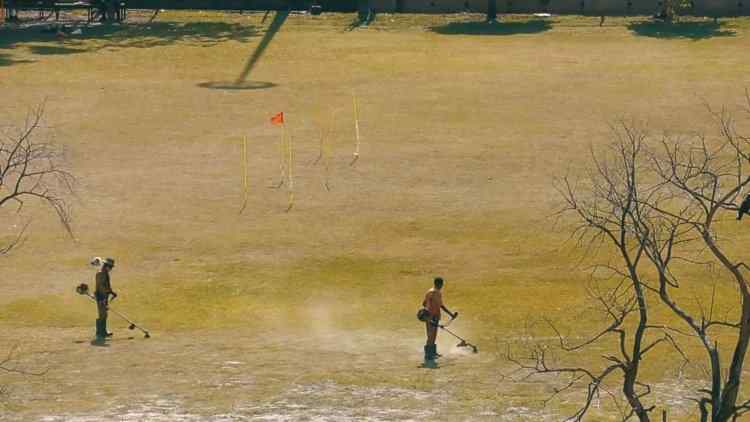
You have blended animation with video images as a storytelling device. What was the reason behind the creative choice?
Well, I haven't used animation at all. Everything has been recorded on camera. I think the illusion arises from the technical qualities of the camcorder I used—one of those budget devices that can zoom all the way to the moon! I'll take this as a positive comment on the development of my photographic and editing skills.
What is the significance of the folk song in the background at the end of the film?
The significance arises from the montage between sound and visuals. The sound and image of the film are expressionist in contrast to the impressionist quality of the visuals. I don't have a background in sound, and it's the most technical field, so I had to rely on a lot of tutorials, Reddit, and an intuitive play with the tools present in the editing software. Anyway, the Kamrupi Lokgeet also helps moor the film to a certain space and time. In a very dry sense, the film was shot in Kamrup, which is an unimaginative combination. But the thought-image that irrupts within me when I listen to Kamrupi Lokgeet is that of an afternoon in the countryside, and the radio is tuned into Aakashvani Guwahati while I'm lying down to dry out like pickles in the gentle midday sun. The intention was to play with the montage between this thought-image and the visuals on screen. I want to let the viewer derive their own synthesis—it could be political, it could be spiritual, or it could be something that surprises me.
How did you shoot and edit the film? Did you encounter any technical challenges during the making of the film?
As I've mentioned, I had a ritual of shooting almost every consecutive day. In terms of editing, the film sprang to life on its own—I watched the footage over the course of a week and then edited it afterwards in a day! I believe the process helped me build an intuitive relationship with everything I'd shot and the manner in which I was shooting.
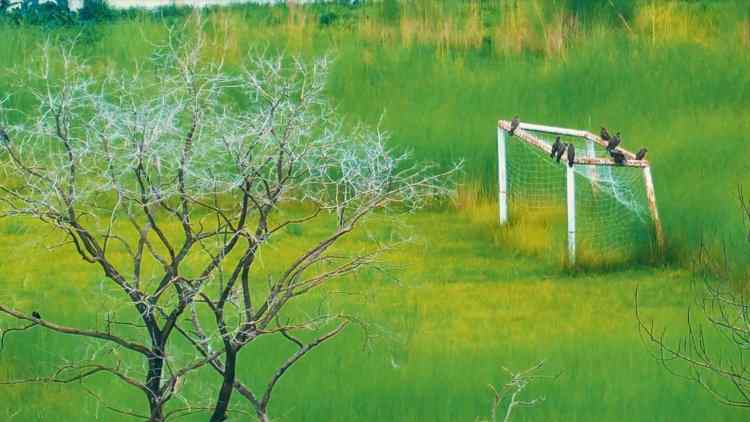
How did you decide upon the colour space for the film, and what is its significance within the narrative?
I've been using Fujifilm for the last couple of years, and although I shot the film on a camcorder, I learned a lot from playing with Fuji's colour science. You can create your own custom film recipe that Fuji's sensor and JPEG engine render unbelievably close to film stocks that have existed. I was playing with the concept of memory color to create recipes that felt like film stocks but never existed. In a sense, the camera would produce images with colours that seemed like they could have been shot anytime since colour photography began, making them essentially timeless. I failed more than I succeeded, but I carried this learning onto this film, where I wanted to create images that would be painterly. Obviously, the quality of light and colour we experienced in Assam was a blessing.
Is there a film or a filmmaker who inspired you to make this film?
Robert Todd and Anne Charlotte Robertson were major influences on this particular film. In terms of my practice, I'm trying to arrive at a form that brings together the critical play and inventiveness of Chris Marker, Leighton Pierce, Jacques Perconte, and Raul Ruiz. I also owe a lot to literature: the quality of magic, time, and the absurd in Roberto Bolano, Jorge Luis Borges, and Julio Cortazar; the lyricism of Camus and Berger; the intellect of Calasso; the anti-poetry of Nicanor Parra and Frank O'Hara.
What's Your Reaction?





















































